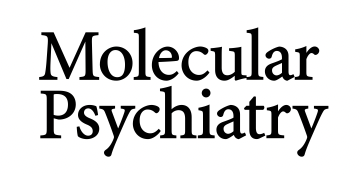Implications of the Network Theory for the Treatment of Mental Disorders: A Secondary Analysis of a Randomized Clinical Trial
The effects of psychotherapy can also be explained with Network Theory: in the course of effective psychotherapy, the strength of interaction between depressive symptoms decreases, e.g. psychomotor retardation is less likely to be associated with suicidal ideation. Or in less technical language: when you are treated with effective psychotherapy, feelings of inertia are less likely […]








